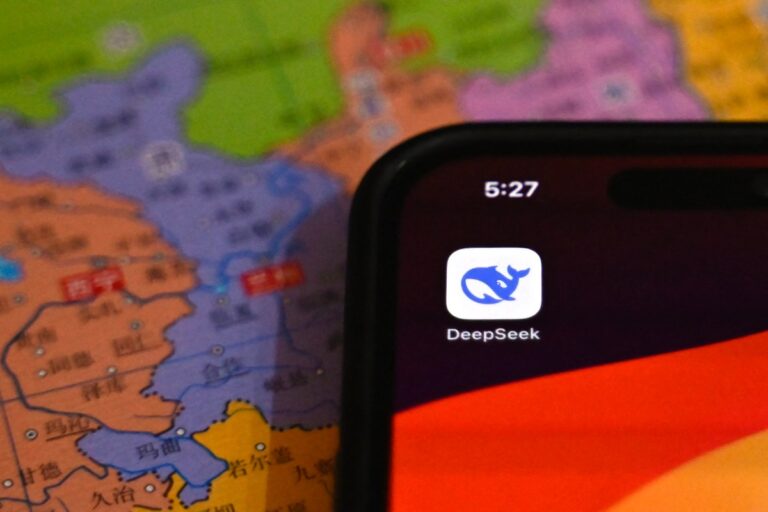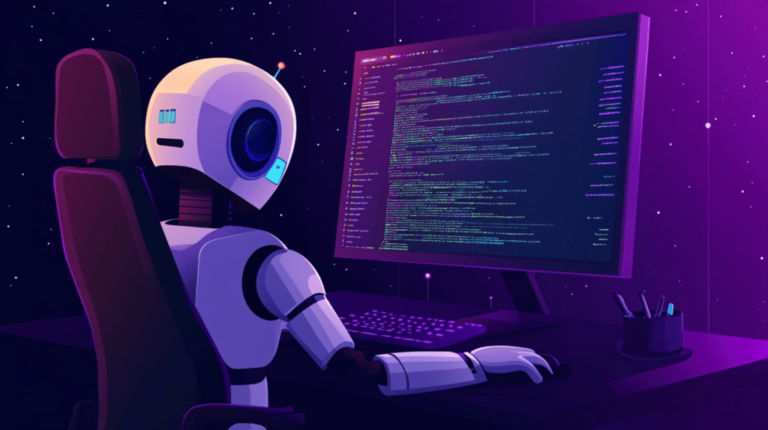25% of YC Startups in Current Cohort Feature Predominantly AI-Generated Codebases
As AI continues to transform the tech landscape, developers are increasingly embracing AI-generated code to streamline the coding process. Recent insights from Y Combinator, a prominent Silicon Valley startup accelerator, reveal that many startups are leveraging these advanced AI models to create software more efficiently.
AI Coding Revolution: Insights from Y Combinator
During a recent YouTube conversation, Jared Friedman, managing partner at Y Combinator, shared that a remarkable 25% of the W25 startup batch now has 95% of their codebases generated by AI. This statistic excludes code for importing libraries and focuses solely on the comparison between human-written code and AI-generated code.
The Shift in Coding Practices
Friedman emphasized that the founders in this batch are not non-technical individuals; instead, they are highly skilled developers who previously built their products from scratch. He noted, “A year ago, they would have built their product from scratch — but now 95% of it is built by an AI.”
The Concept of Vibe Coding
In the same video titled “Vibe Coding Is the Future,” Friedman, along with YC CEO Garry Tan, managing partner Harj Taggar, and general partner Diana Hu, discussed the emerging trend of using natural language and instincts to write code. This innovative approach was termed “vibe coding” by Andrej Karpathy, former head of AI at Tesla and ex-researcher at OpenAI, highlighting a method of coding that relies on large language models (LLMs) rather than traditional coding practices.
Challenges of AI-Generated Code
Despite its advantages, AI-generated code is not without flaws. Various studies have reported that AI can unintentionally introduce security vulnerabilities, cause outages, or make errors that necessitate extensive debugging. Hu pointed out that while builders may depend heavily on AI, they still need to possess the ability to read code and identify bugs. She stated, “You have to have the taste and enough training to know that an LLM is spitting bad stuff or good stuff.”
The Importance of Classical Coding Skills
Tan echoed Hu’s sentiments, stressing the necessity for founders to maintain strong classical coding skills for long-term product sustainability. “Let’s say a startup with 95% AI-generated code goes out [in the market]; does it fall over or not?” he questioned. “The first versions of reasoning models are not good at debugging.”
The Future of AI in Development
The excitement surrounding AI-powered coding is palpable among venture capitalists and developers alike. Startups such as Bolt.new, Codeium, Cursor, and others have secured substantial funding, amounting to hundreds of millions of dollars in just the past year.
As Tan concluded, “This isn’t a fad. This isn’t going away. This is the dominant way to code. And if you are not doing it, you might just be left behind.”
For more insights on the evolving landscape of AI in software development, check out our article on AI’s Role in Software Development.







